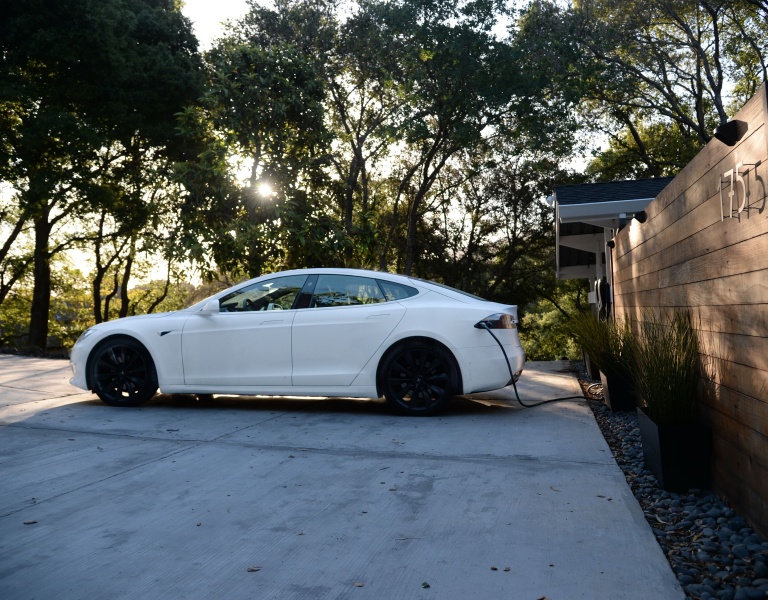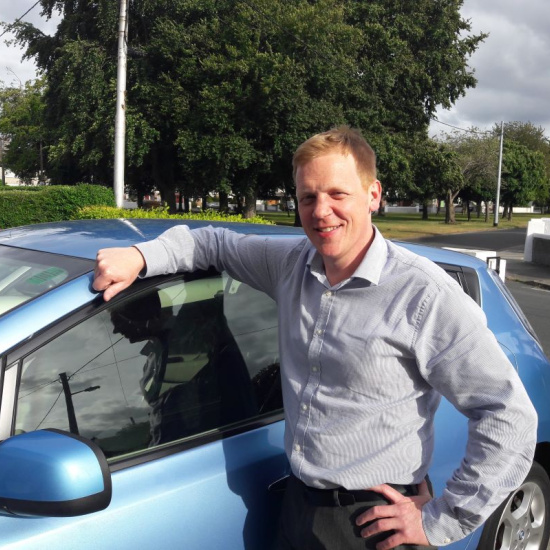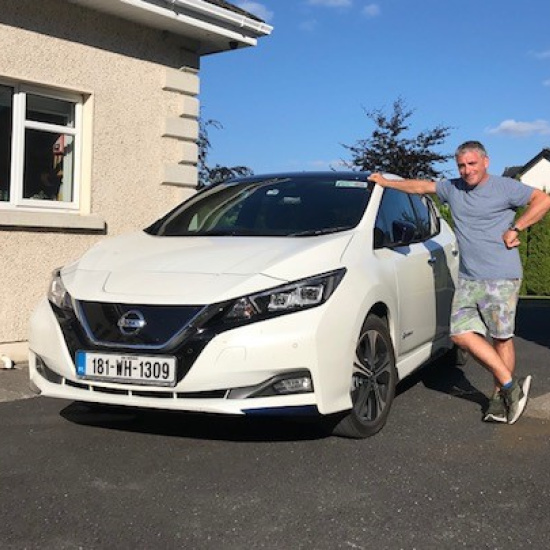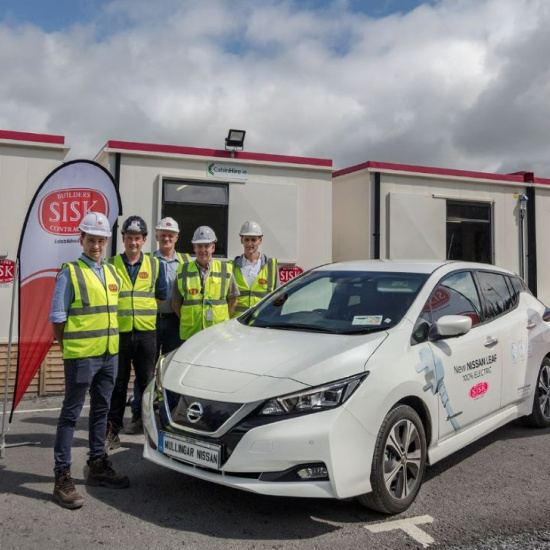Everything you need to know about the new EV home charger grant
When it comes to electric cars, most drivers do the bulk of their charging at home. It's is the most convenient way to charge your electric car; simply plug in overnight and your car will be fully charged and ready to take on the world in the morning!

To help support new owners, SEAI are now offering an electric vehicle home charger grant of up to €600 towards the purchase and installation of a home charger. This covers 70% of the typical costs and to qualify, you will need to have taken ownership of the vehicle from January 1st 2018 onwards and meet certain eligibility criteria. In this short blog, I will walk you through all you need to know to apply.
Am I eligible for the grant
You can avail of the grant if you have bought a new or second hand electric car that was bought in Ireland or privately imported from 2018 onwards.
Is my property suitable and eligible?
When it comes to your home, you must have off-street parking and the charger must be connected back to the fuse board of your home.
If your property has previously availed of the free ESB Ecars home charger grant, unfortunately your property will not be eligible.
How to apply for the grant
You can easily apply online for the grant.
All you need to hand is:
- Your Meter Point Reference Number (the full 11 digit number on the top of your electricity bill)
- Your home address and Eircode.
- Your bank details
If you are buying a new electric car here in Ireland and receiving an EV grant from SEAI, you will need to provide your application ID. (available from your car dealer)
Once SEAI have approved your application, you will receive a Letter of Offer in the post. You will then have 6 months to complete the works. It's important that you wait to receive your Letter of Offer before starting any work otherwise this expenditure will be deemed ineligible and you will not receive grant support for it.
What to look for in an installer?
When choosing an installer, it's important to know that the work can only be carried out by a fully qualified electrician who is registered with Safe Electric Ireland. You will find a full list of registered installers on our website.
To ensure you are getting the best value for money, we recommend that you get three quotes. There may be quite a different in price between installers so make a few calls. It's also worth asking your installer to carry out a site survey prior to installation so you are fully aware of any upgrade work needed, and what that may cost.
Once your electrician has installed your home charger, you will both need to complete the Payment Request Form, that was sent with your letter of offer. Your electrician must then provide you with a copy of the Certificate Number 3. Take some time to review this and ensure it's been completed correctly. Once you're happy, post your payment request form to the address indicated on the form together with the following items:
- Fully signed and completed Payment Request Form including bank account details
- Certificate Number 3
- Copy of Test Record sheet from electrician
- Vehicle Registration Form (not required for a new car purchased in Ireland)
- Photographs of the installed charge point and the EV showing vehicle registration plate
Your electrician must send a fully completed copy of the Certificate Number 3 to Safe Electric Ireland. We will check with Safe Electric Ireland that the relevant certificate has been filled for that work. Once confirmed, we will make an electronic payment of the grant amount to the bank details you have provided in the payment request form
Helpful tips for charging your electric car
Charge overnight
Overnight charging will ensure that your battery is full for the day ahead. Most electric car drivers charge their car at night when the demand for electricity is lower. It is worth checking with your electricity supplier to see if there is a cheaper night rate available. A full overnight charge can cost as little as €2 on the night rate so it's certainly worth investigating. Without the night rate, it will cost you roughly twice this. (Costs will vary by vehicle and electricity supplier).
What charger should I opt for?
There are a number of chargers available on the market which can cause some confusion for electric car owners. It's important that you understand which charger suits the model of your car and also that you shop around to ensure you get the best value for money.
Ask your dealer for further information regarding the charging capacity of your vehicle in kW for domestic charging. There are two main types of domestic chargers: Approximate 3.6kW charger single phase and approximate 7.2kW charger single phase. However, these values may vary depending on the charger supplier. We advise that you make good use of your dealer and charger provider's experience and expertise to recommend the correct charger based on your vehicle's charging rates.
Priority switch
Finally, it's important to note that if you install a 7.2kW charger and have a power shower installed in your home, a priority switch may be required for load management purposes. You should discuss this with your installer when they perform the site survey of your property.


